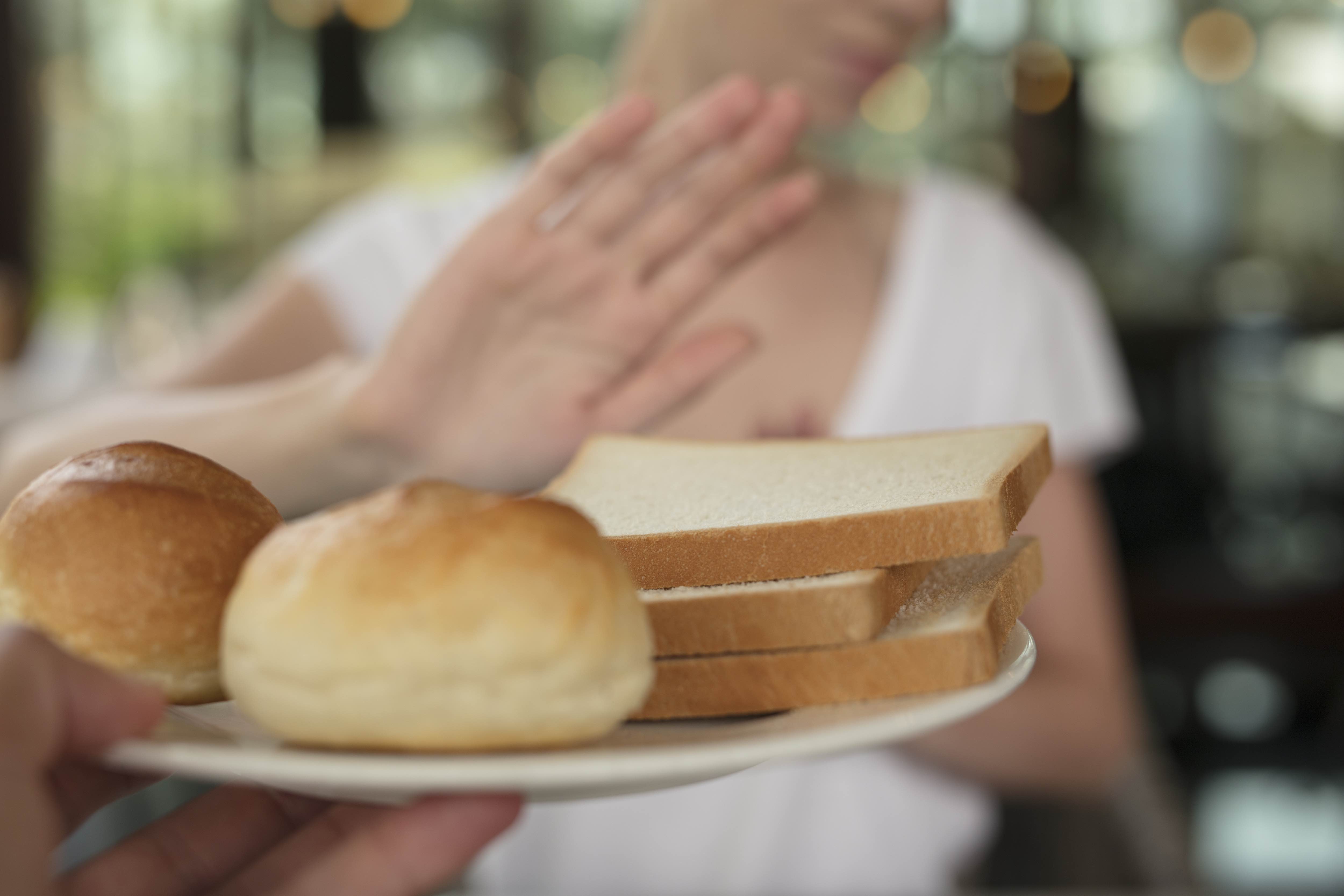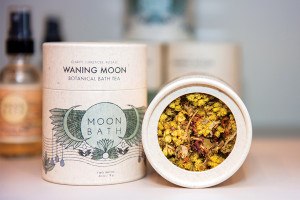When You Can’t Eat Certain Foods, How Do You Stay Chill About Your Diet?
We talked to clinical nutritionist Cristina Hoyt, who has celiac disease, to get some tips.

Disordered eating therapist Jenny Weinar gives us some advice on how to approach your diet when you can’t eat certain foods for health reasons. / Photograph courtesy of Getty Images
September 13th was National Celiac Disease Awareness Day, which calls attention to this genetic autoimmune disease that affects an estimated 1 in 133 Americans. There are currently no pharmaceutical interventions for celiac, making a gluten-free diet the only existing treatment today.
For those with autoimmune disease, food allergies, or certain other chronic illnesses, it’s often necessary to modify your diet; in some cases it is quite literally a life-or-death issue. Yet the seriousness of these restrictions combined with our culture’s conflation of weight and health status can put these individuals at greater risk for developing orthorexia or other forms of disordered eating.
Cristina Hoyt, a Philly-based clinical nutritionist and body image coach, shared her own slippery slope into overly restrictive eating when she was first diagnosed with celiac herself. “I was given a list of foods that I wasn’t allowed to eat anymore and sent on my way,” she says. “It was only natural that I fell prey to the wellness industry… I looked to alternatives…and since restriction had healed before, I saw it as another healing modality. When you wrap that in with the deeper cultural expectation for weight loss, this is a dangerous road.”
So how can someone with legitimate, medically necessary dietary restrictions find a sense of freedom with food while honoring their body’s needs? Hoyt offers the following advice.
Watch your language.
Notice if you’re labeling food as “good” or “bad” and see if you can find more neutral descriptors (such as “food that doesn’t work for my body.”) This will help you maintain an overall peaceful relationship with food despite those restrictions.
Give yourself permission to eat anything, then choose consciously.
Granting yourself full permission to eat anything while consciously choosing to avoid those foods that make you feel worse is an important mindset shift. As Hoyt says, “I could eat all the gluten in the world, but I would get really sick. Since this is an autoimmune disease, my body would attack itself. I could physically eat it, but instead I actively choose not to every single day.”
Be wary of what you read online.
It’s understandable that people look online for resources and tips to help manage their symptoms. But with so much information (and misinformation) out there, Hoyt encourages her clients to read this material cautiously, with a critical perspective.
Separate intentional weight loss from disease management.
Focusing on health-promoting behaviors such as joyful movement, sleep hygiene, and stress reduction can all help improve your well-being, separate from your weight.
Work to cultivate compassion toward your body.
As Hoyt tells others with chronic illness, “Your body has been through so much. It needs patience, love and compassion, not super high expectations and rigorous protocols.” Working toward a kinder, more gentle relationship with your body can have a profound impact on your emotional well-being, which is tied to overall health.
Seek professional help.
Hoyt emphasizes the importance of working with an “anti-diet” professional who understands your health condition and can offer guidance around how to manage it thoughtfully and mindfully. The goal is to develop a flexible, big-picture approach to nutrition that maintains a pleasurable relationship with food while honoring those medically necessary restrictions. However, it’s important that this comes from a place of self-care rather than self-control.


